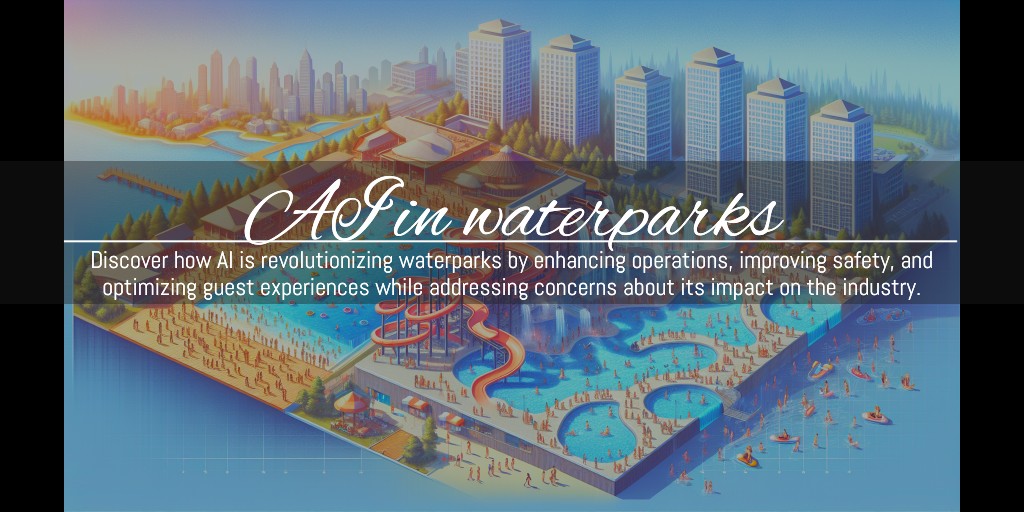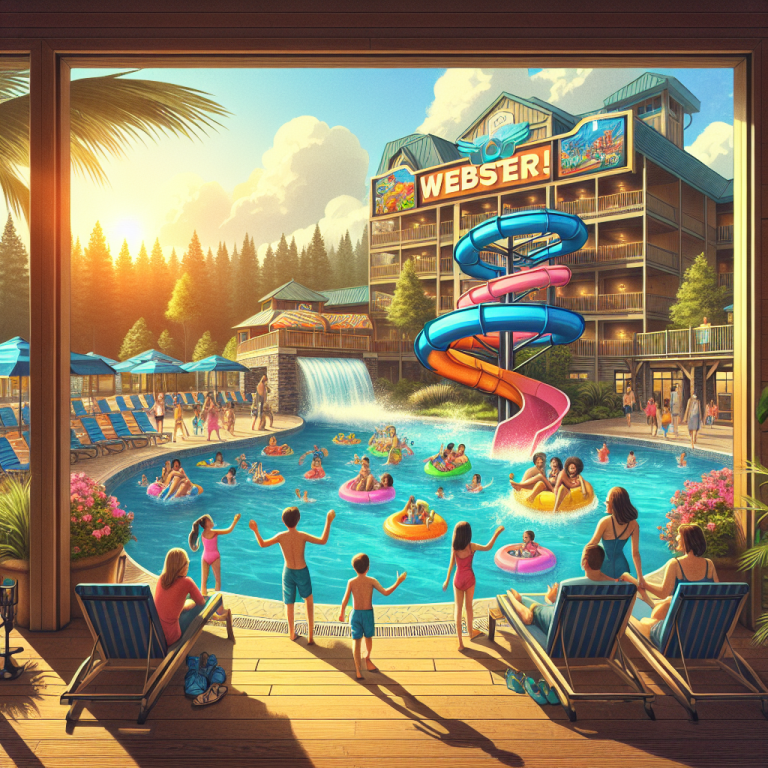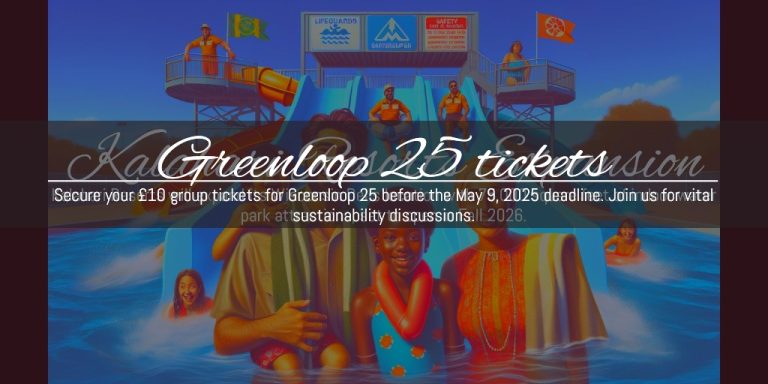The Impact of AI on Waterparks
Artificial Intelligence (AI) seems like a daunting term. Perhaps because we have yet to determine its full potential, although the technophiles among us might have a better grasp. For the rest of us who spend our days designing, building, owning, and operating waterparks, it seems like AI doesn’t matter (yet) because it’s helpful. Are we correct in this assumption, or are we being naive?
The thing about artificial intelligence is that it’s learning, or rather, it is being programmed to learn and automate tasks for us at the moment. Who hasn’t put a random question into ChatGPT to see what comes out?
The fear elicited from the term AI is that once it knows how to do what we do, how far will it be able to go? We don’t know. Let’s be honest, aren’t we all just wondering if we will be replaced by computers? I am (some days). But then again, I (and the rest of us who are Gen X) did manage to make it through our twenties without phones. So, we might be tougher to get rid of than we think.
The Impact of AI on Waterparks
So if the answer is no, and we won’t be replaced by computers on steroids tomorrow, then what’s next? And does it matter…yet? The answer, annoyingly, appears to be yes and no.
Everyone in the waterpark industry, from owners to builders, knows that the technology exists. From an operations standpoint, it’s likely already in play in some form in most of our businesses. It’s likely behind the scenes and being used in a way that simply makes sense.
In waterparks, it may be used or implemented to analyse weather-related, attendance or ride capacity-related data, food and beverage-focused, or perform ticket sales and competitive pricing analysis. It may also be utilised for energy and pump/water/maintenance analysis.
We can all easily see the upside of looking at any/all trends as a fabulous way to keep on top of park operations. The extremely quick analysis of data provides opportunities for improved revenue streams, targeted marketing, enhanced safety, and improved guest or park efficiencies related to optimising labour costs, scheduling, and more. An AI-based system performing these functions is clearly more cost-effective and efficient than a person or team. However, the decisions made as a result of the data are where thought, experience and common sense come into play.
As far as “behind the scenes” technology is concerned, AI can be an attribute of any waterpark or other entertainment facility. We can all see how it makes sense.
For manufacturers, designers, and builders who might be using AI to generate renderings, improve procurement or fabrication, and possibly even analyse new construction methods and materials, the net benefit internally and for clients makes sense.
But what about what we don’t know?
A Useful Tool
Bill Gates famously said: “We always overestimate the change that will occur in the next two years and underestimate the change that will occur in the next ten.”
So does that mean waterpark designers are being kicked to the kerb, and robots will train lifeguards? Unlikely, but in the long term, will we run parks better and more efficiently? 100%
In the short term, AI is and will continue to be used as a tool or resource to aid waterparks in improved decision-making. It may ultimately help folks like designers through the design process to automate documentation and aid in material and code selection and analysis. It can be used for sustainability initiatives during design via improvements to operational or energy modelling.
But will it replace a talented designer’s quest for unique and innovative ideas or a ride engineer’s ability to design a ride based on the unique criteria of cultural or socially based audience sectors plus factoring in human factors like kids who stick fingers into joints in waterslides? Will it replace lifeguards? Nope.
We are on our way to a new generation that includes artificial intelligence, which assists humans in managing their roles and responsibilities. We are, in fact, already there. A tool is not the same as a helping hand for a lost child in a waterpark, and it certainly won’t bandage a scraped knee. But it might help resolve those crises faster.
The Future of AI in Waterparks
AI in waterparks will ultimately become an innovative solution for improved safety and efficiency in waterparks. This will help owners and operators improve everything from guest experience to safety to employee satisfaction to revenue. It will also help manufacturers and suppliers build better rides that are more sustainable. It will absolutely ensure the right customers visit the right waterparks and have the right amount of fun! Kidding…sort of.
AI in waterparks is not a technological solution to fear. Rather, it is one to embrace as generations of younger professionals enter the workforce and expect, sorry demand, the assistance of automated systems. Pretending AI isn’t here is naive; pretending it won’t change how we work is ridiculous. It will; it already has for many of us. But perhaps it won’t be for the worse. In this case, a glass-half-full approach is the wise one. Jump on board friends, we are already off to the races!






